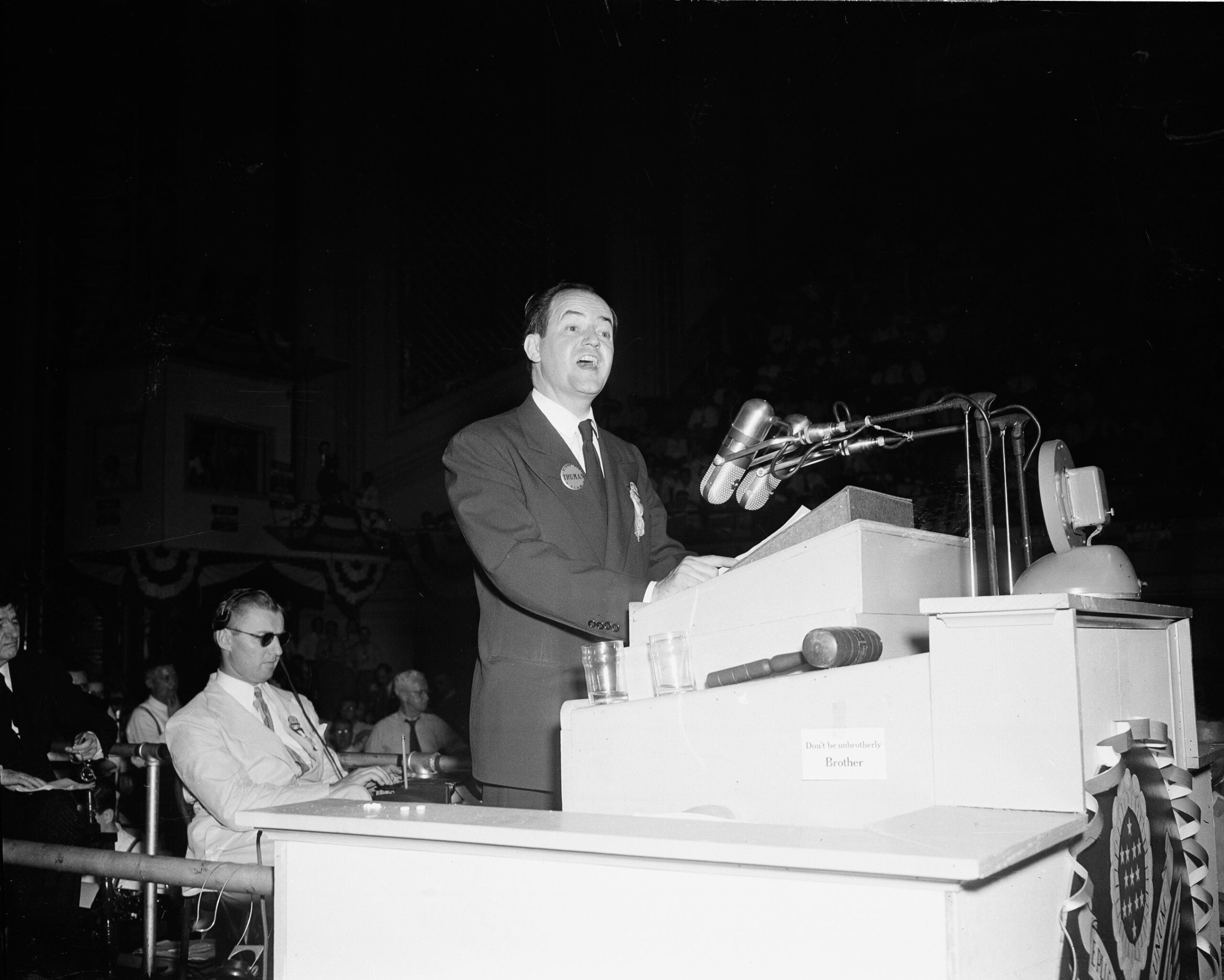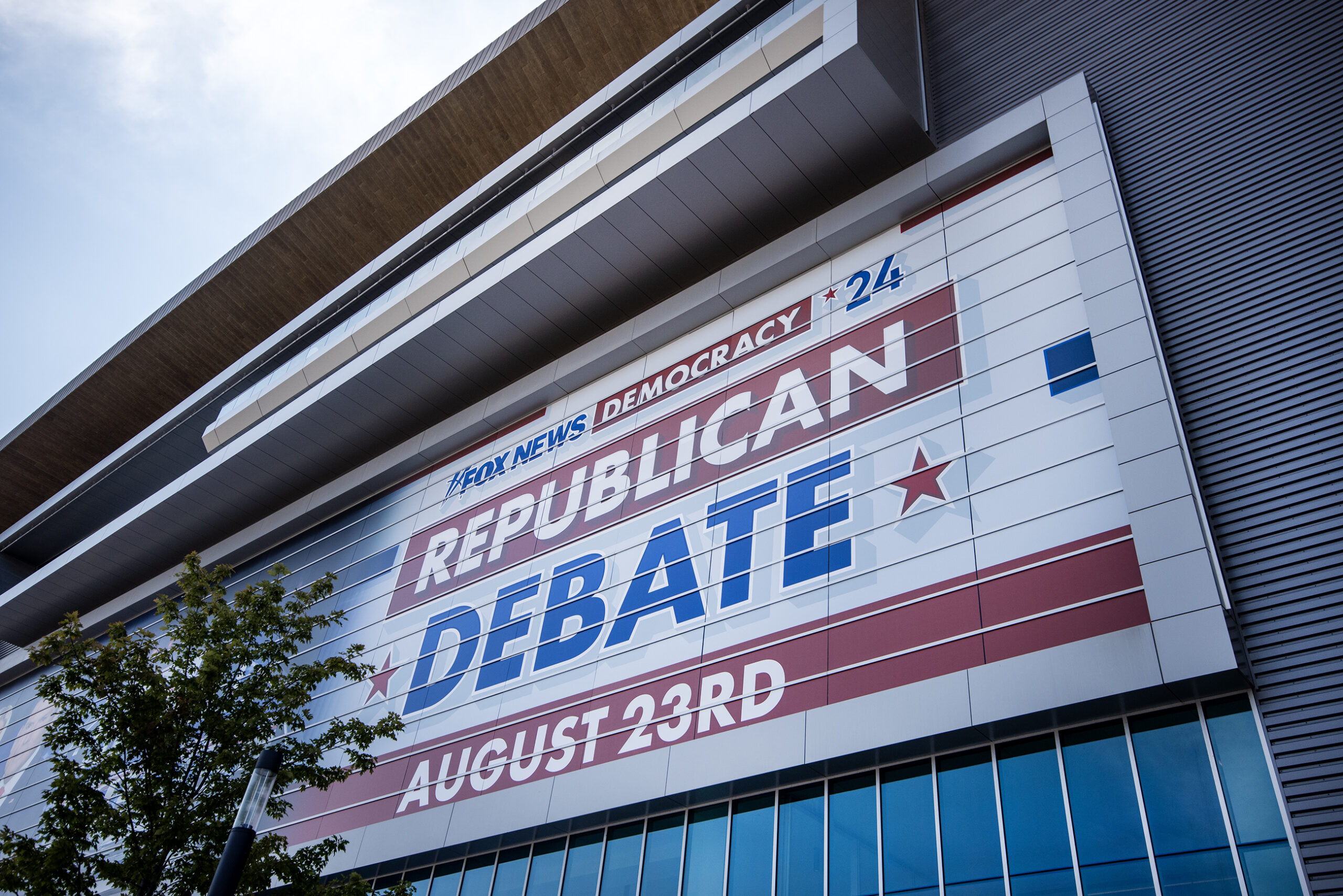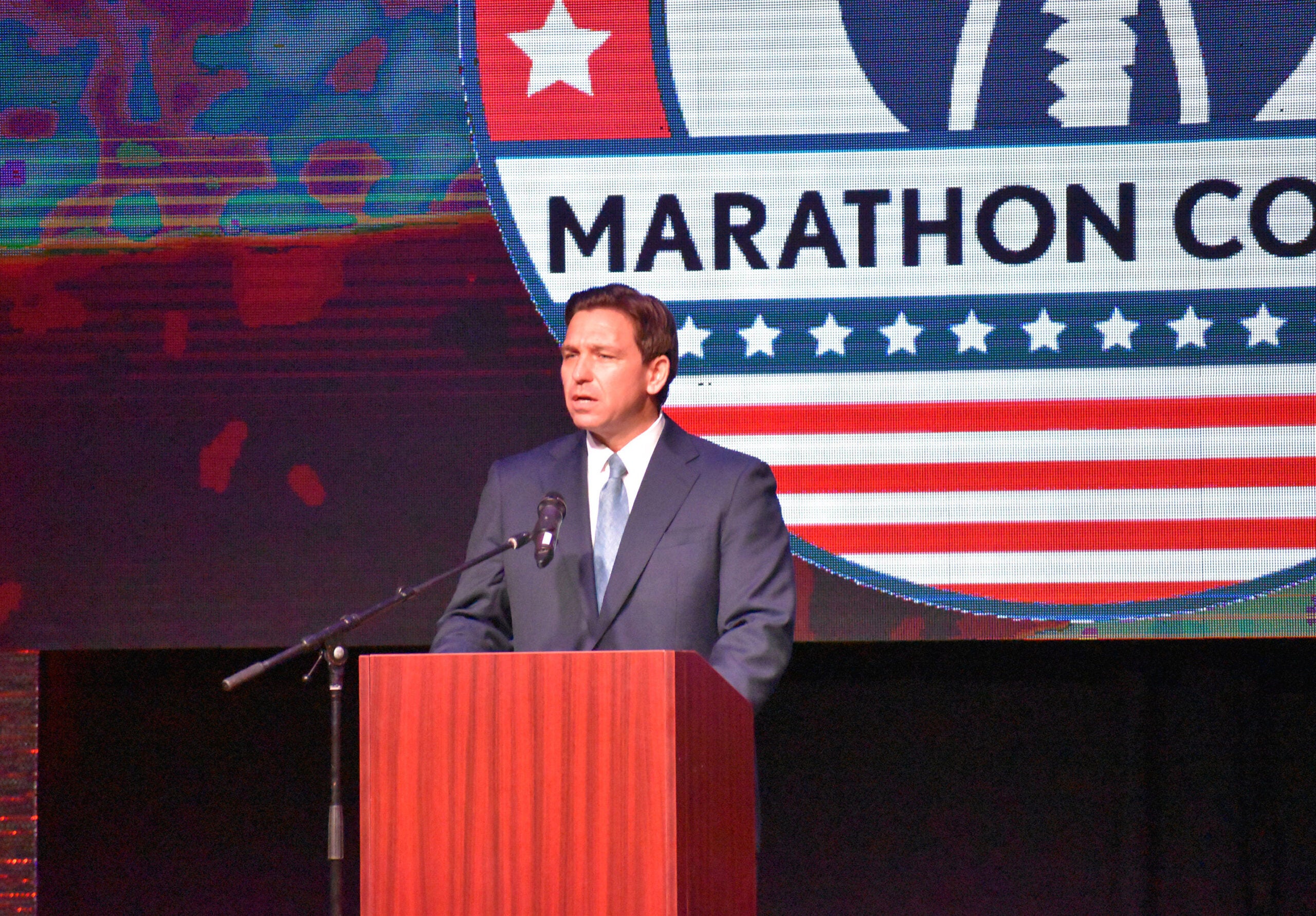In the digital age, one might think that telephone hotlines are doomed. But it seems the opposite is true, with some hotlines reporting record call volume these days. We talk to the director of a new documentary about why people call hotlines and the important role they still play today. We also discuss the national implications of a grand jury’s decision not to indict the white police officer who shot and killed an unarmed black teenager in Ferguson, Missouri in August. And with speculation heating up over a Scott Walker presidential run, we talk with a reporter about the challenges of running for President while running a state.
Featured in this Show
-
Could Walker Handle A Presidential Run While Serving As Governor?
Though Gov. Scott Walker has yet to officially declare himself a candidate, he has hinted at the idea of running for president in 2016, leaving some to question whether he’ll be able to juggle what is commonly thought of as two jobs.
In a recent article in the Milwaukee Journal Sentinel, state Capitol reporter Jason Stein outlined the difficult path sitting governors face when starting their campaigns for the White House.
“Those are both more than full-time gigs,” Stein said. “It can be done — obviously George (W.) Bush was governor of Texas when he ran for president, and he did make it to the White House. But, that being said, it’s not an easy task to be a sitting governor and a presidential candidate.”
Coming off his win against Democrat Mary Burke, Walker’s first task will be to secure his cabinet positions, and then to pass a roughly $6 billion state budget. Walker has said he wants to pass the budget quickly to contrast the process of the federal budget, which will likely stall with a split Congress.
With a projected shortfall, passage of the state budget won’t be a cakewalk. Even if the budget doesn’t pass as quickly as Walker would like it to, it’s the budget the governor passed three years ago, in which he restricted collective bargaining for most public-sector employees, that would help him most during a presidential run.
After the passage of the budget, Walker could begin a presidential bid in earnest. That would mean a focus on Iowa — important for any presidential candidate, but perhaps even more so for Walker, said Stein. Though his political profile has grown, Walker doesn’t have the name recognition enjoyed by U.S. Rep. Paul Ryan or former Secretary of State Hillary Clinton. It’s essential then, said Stein, that Walker get in front of voters in some of the early primary states like Iowa.
Having spent time in the state as a boy and sharing similar Midwestern values, Stein suggests that Walker could be received well in Iowa.
“It would be easiest for him to physically campaign in Iowa as opposed to some of the other early primary states,” Stein said. “So, if he were to run and to make a poor showing in Iowa, I think it would be very difficult for him to continue. On the other hand, if he made a strong showing, that might give him something to build on in some of those later states.”
There are two different systems that states use for the electoral process to nominate a candidate for the presidential election. Iowa is one of 10 caucus states. Voting is conducted at local party meetings and is done by raising hands or breaking up into groups, as opposed to the ballots used in primary states like Wisconsin. In Iowa, only members registered with the political party can participate.
Stein said the caucus system leads to a different kind of campaigning.
“The nature of a caucus means you have to have more foot soldiers. You have to have more staff and volunteers to help you get yourself out there as a candidate. And to do that, you need to start organizing fairly early,” Stein said.
Stein suspects that Walker would need to have his presidential campaign team ready and on the ground in Iowa by late spring. That will very likely overlap with Walker’s gubernatorial duties.
“To do that he’d have to be working on that on some level at the same time that the state is putting together its budget,” Stein said.
-
Tough Juggling Act: Governing A State, Running For President
As Governor Walker considers a campaign for president, a politics reporter lays out the difficult balancing act between two big jobs: running a state, and running for the White House.
-
Race Relations Expert Says We Should All Be Ashamed For Ferguson Grand Jury Decision
On Monday night, a grand jury in Ferguson announced their decision not to indict Officer Darren Wilson for shooting and killing unarmed black teenager Michael Brown. An expert on race relations discusses the national implications of this decision and how to move forward as a nation.
-
Why Hotlines Still Matter In A Digital Age
Though some are quick to label the telephone as an obsolete technology, hotlines still play an important role in today’s society, and many hotlines are even experiencing record amounts of calls. The director of a new documentary explores why people still call hotlines, and offers a glimpse into the lives of the people who answer them.
Episode Credits
- Rob Ferrett Host
- Veronica Rueckert Host
- Jason Stein Guest
- Chad Dion Lassiter Guest
- Tony Shaff Guest
- Amanda Magnus Producer
- Chris Malina Producer
Wisconsin Public Radio, © Copyright 2024, Board of Regents of the University of Wisconsin System and Wisconsin Educational Communications Board.



